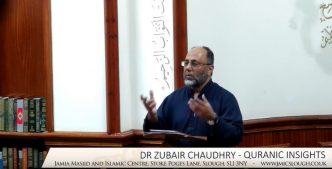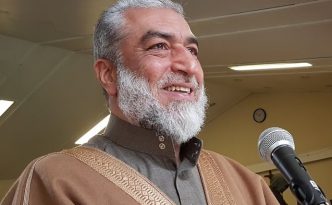By Zaheer Yaqoob
“Our human weakness: pride, vanity, egotism, prevents us from cultivating a strong personal bond with Allah. We have to constantly examine our own hearts, our intentions, with absolute sincerity. Are our good deeds driven purely out of love and gratitude to Allah, or are we trying to make a good impression on people? Do we enjoy the praise and the high esteem in which we are held? Are we easily offended by criticism?
“Alhamdulillah” means that all praise and thanks is due to Allah, not only some of it. We are simply the tools through which Allah fashions his good work…”








